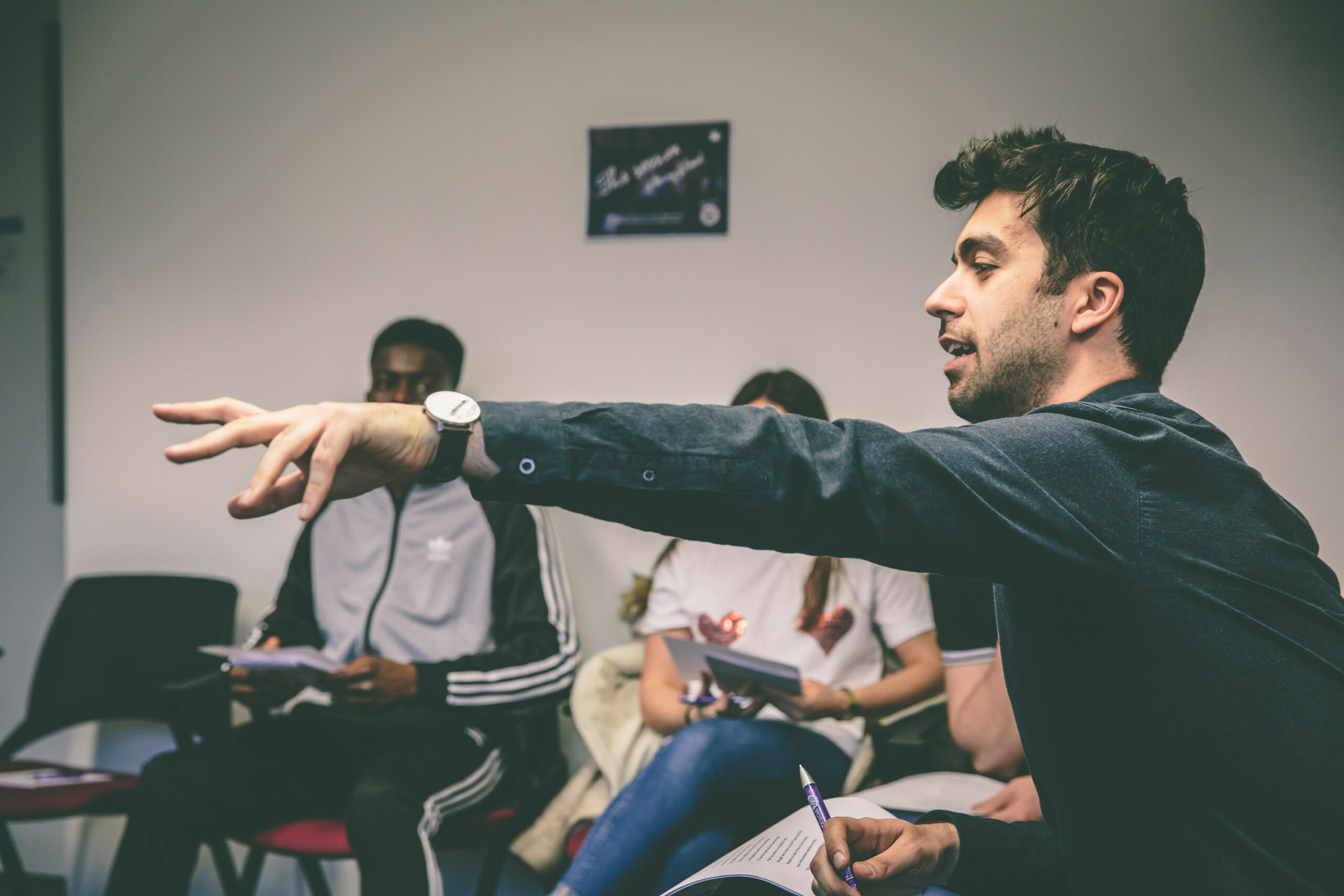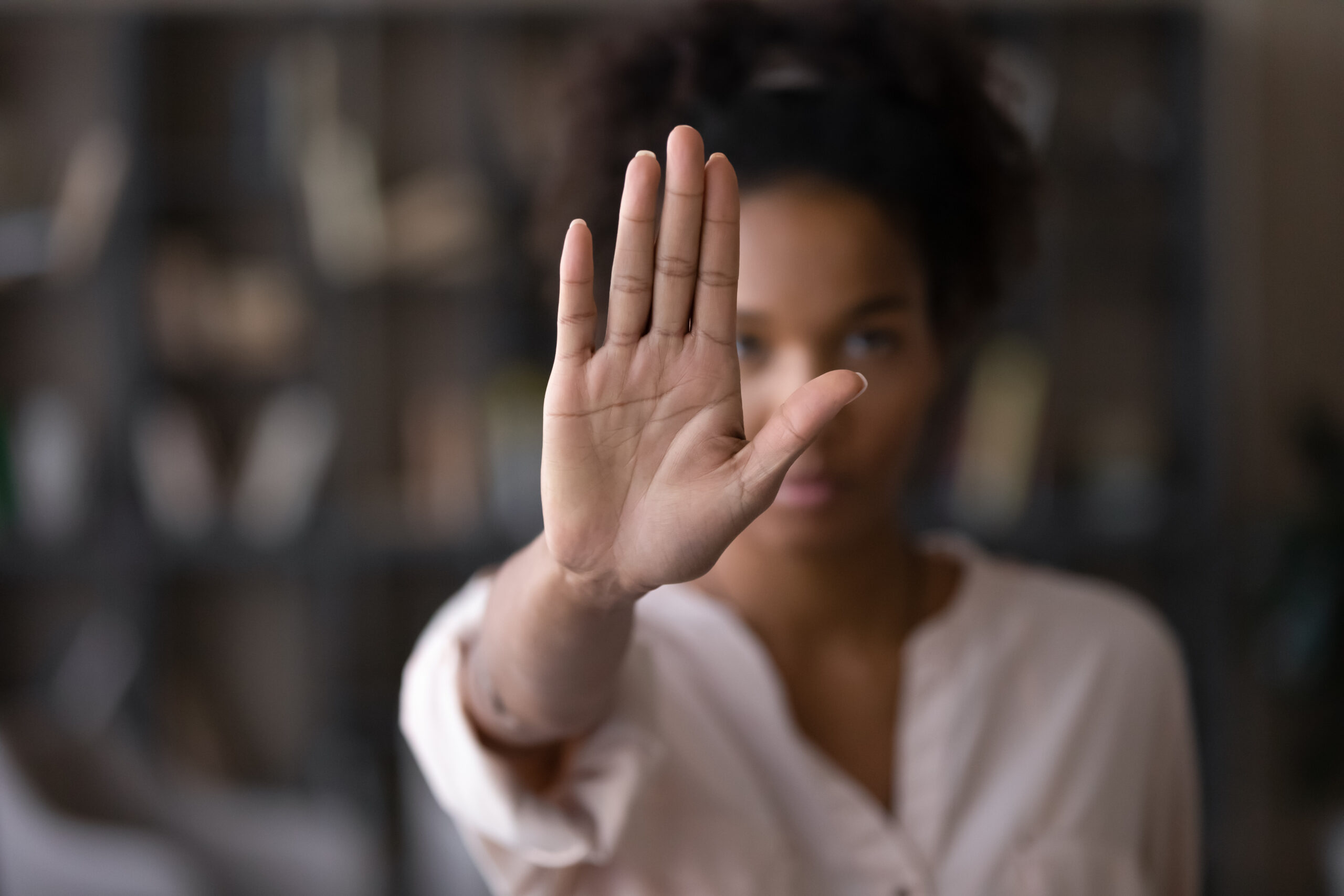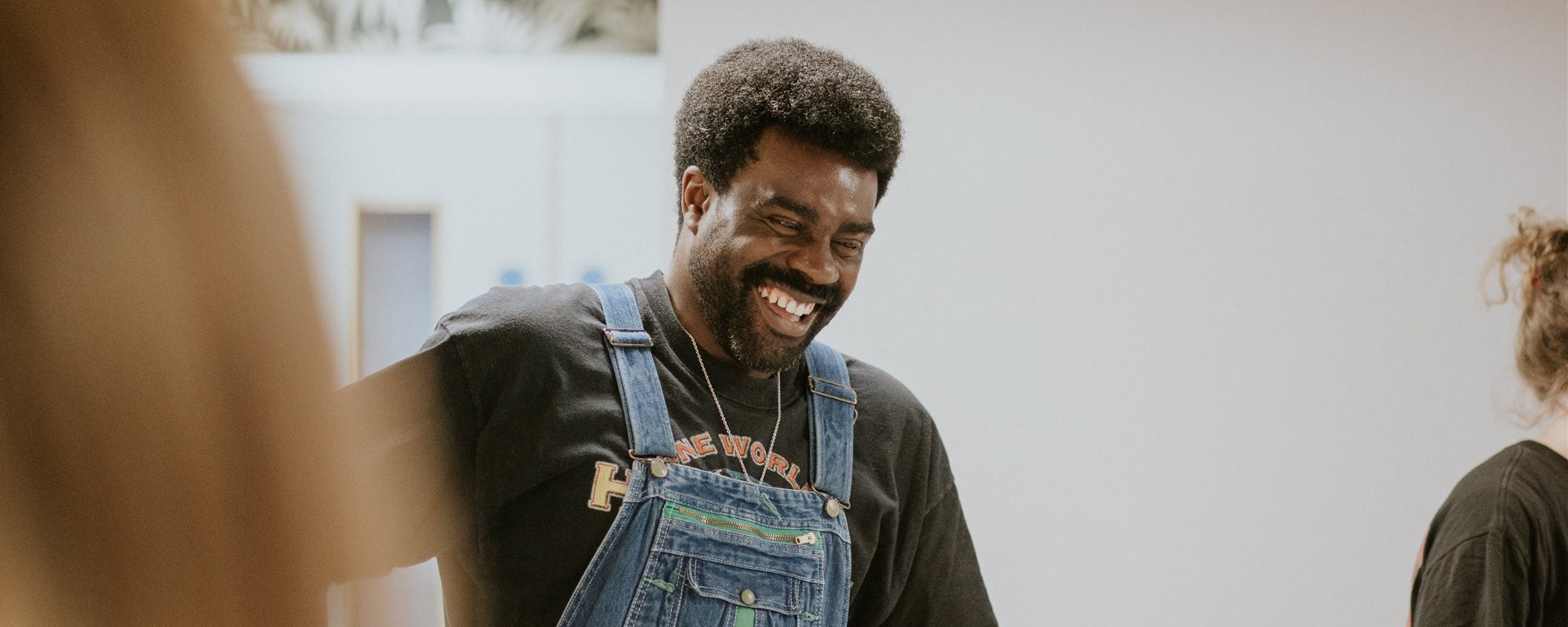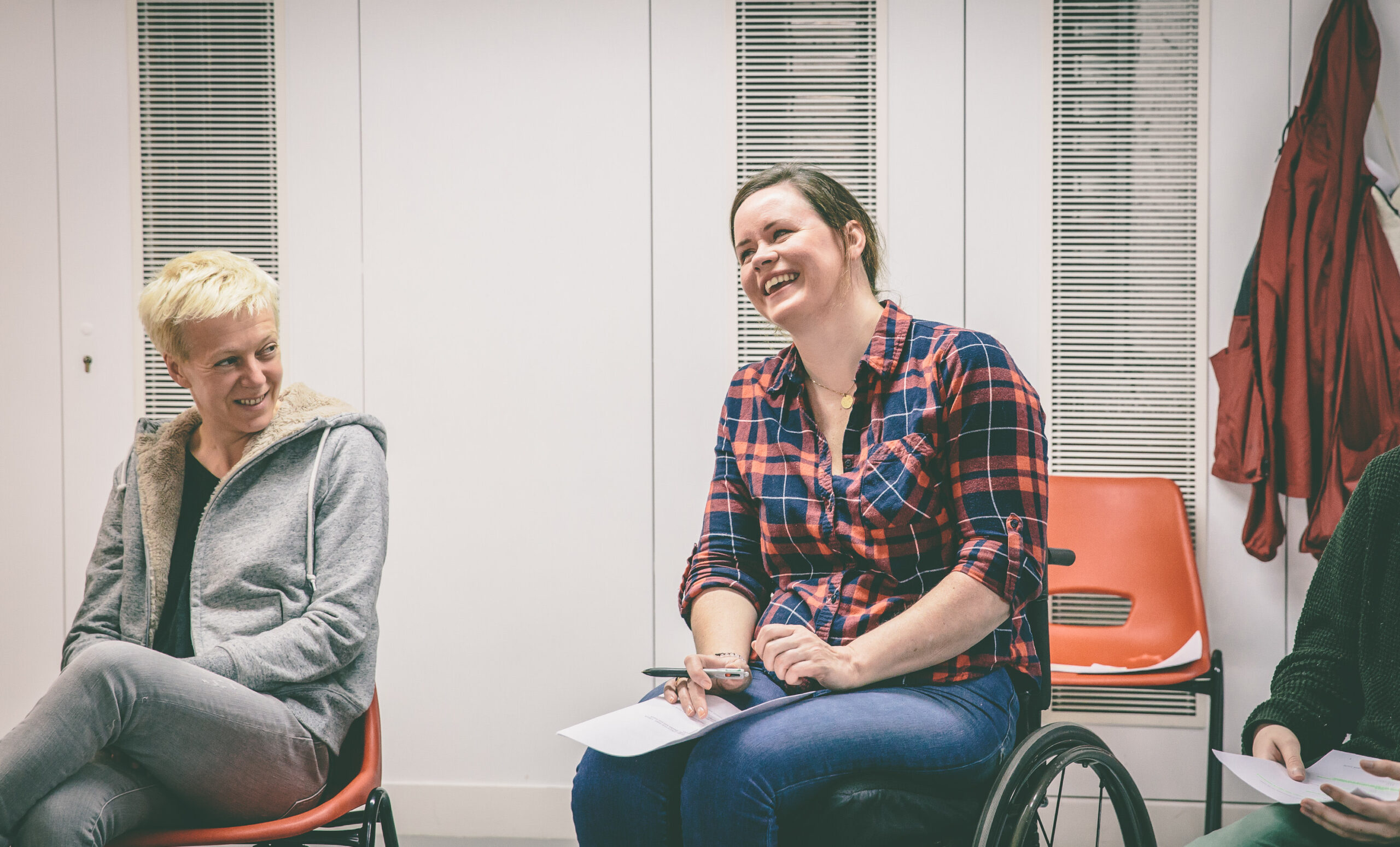Actor David Mumeni shares his advice on how to feel empowered throughout your audition process
Spotlight’s recent Open House saw David Mumeni give tips on how to audition for screen, with much of his advice revolving around making yourself feel empowered during the daunting audition process. It can be easy to worry about doing your auditions in the wrong way.
But there is no ‘right’ way to audition, and at the end of the day there is only so much you can actually influence. So rather than worrying about the factors you can’t change, you should focus instead on what you do have power over. That way, you can leave the audition knowing you’ve done everything you can to secure the part. Here are David’s tips for feeling more empowered in the audition process:
Make the best of what you have
The only control you have is learn the lines, turn up on time, do the best you can with the situation and things you’re given.
It can take as much as 3 days to commit something to your long-term memory, time you won’t always have. Sometimes the script may not be given to you until the day before the audition, and sometimes the context of your role isn’t made clear to you.
The casting director is not testing you to see how quickly you can pick things up. No one will ever be cast in a role when their performance is bad because they learned their lines quickly. The audition is all about finding out how you’d perform on the day when you turn up on set with the lines and context you’ve been given. Casting directors are aware you may not have all the information desirable for the part, but want to see what you can do with what you have.
So if you were only given a short time to prepare, don’t feel doomed. Trust that the casting director is aware of this, and walk out of that audition afterwards feeling sure that you did as well as can be expected.
But if you do get an appropriate amount of time, make sure you use it. Don’t leave learning your lines to the last minute. With so little that you have control over, you want to shine where you can. Learn your lines, leave yourself plenty of time to get to your audition, and once you’re there…
Look like you know what you’re doing
If you’re nervous while you’re waiting for your audition, try smiling to yourself. An audition is pretty much a job interview, with an employer who plans to invest money in you. They’re going to want someone who’s confident, who’ll get along easily with the people they’ve already hired, who’s going to do the best job possible. Someone who looks terrified or on the verge of tears won’t make them feel confident about investing money.
And so, your performance starts before you enter the casting. Your first role: a friendly, confident person who is at ease and can be trusted to do a good, professional job. The casting director is seeing how you would be in a situation where you’re meeting someone for the first time. You don’t have to be loud or a different person. Just be you, but confident.
Trust your instincts
You know acting. It’s your job – your passion – and when you get a script you will have a sense of what you think is the best way to play your role. The policewoman’s lines may strike you as in need of a comedic delivery, or the milkman should have a sinister air about him. Trust your instincts in these moments and be truthful to yourself.
Beware: when you’re learning your lines, don’t sacrifice the truthfulness of your performance to try deliver the odd line in the ‘correct way’. Even if you have access to what the writer intended, or how something ‘should’ be delivered, keep true to your instinct about the part/the lines. It will likely make your performance feel stilted and not alive otherwise.
Don’t assume you screwed up if you don’t get the job
It’s normal to get rejected, but it isn’t necessarily because of your acting.
Don’t take a rejection as a criticism against your performance. There is a lot involved in the casting process, much of which you won’t have control over, all of which can contribute to a rejection. Even if you give your best audition, you can’t get the part if you don’t look like the sister they’ve already cast. Or the role may have already been offered to someone else, and the auditions are being held while the casting director awaits confirmation.
If you know you left learning the script to the last minute or were a bundle of nerves in the waiting room, then that may be something to work on for your next audition. But in most cases it’s not your fault. You didn’t do anything wrong – you just weren’t what they were looking for in this audition. But there’s always the next one.
Thanks to David for an informative session. You can find more articles from our Open House on the News and Advice page or contact us at questions@spotlight.com or through Twitter if you have any more questions.












